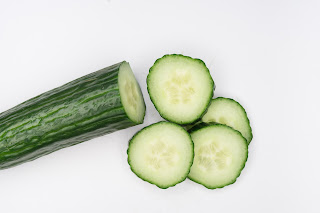Irritable Bowel Syndrome (Stomach disorder)

Irritable Bowel Syndrome is a stomach disorder that affects large intestines. You may experience cramping, abdominal pain, bloating, gas, diarrhea, constipation. You can control IBS symptoms by managing diet, lifestyle, and stress. Those with severe symptoms can treat them with medication. IBS discomfort IBS Symptoms Abdominal pain Cramping Bloating Changes in the appearance of bowel movement Changes in bowel movements Other symptoms may include; increased gas or mucus in the stool. Seek medical attention if you have a persistent change in bowel habits. They may indicate a severe condition, such as colon cancer. More-serious signs and symptoms include: Weight loss Diarrhea at night Rectal bleeding Iron deficiency anemia Unexplained vomiting Difficulty swallowing Continuous pain that doesn't reduce by passing out gas or a bowel movement Causes of IBS The cause of IBS isn't known. The following factors may contribute to IBS signs and symptoms: Muscle contractions in the intestine


